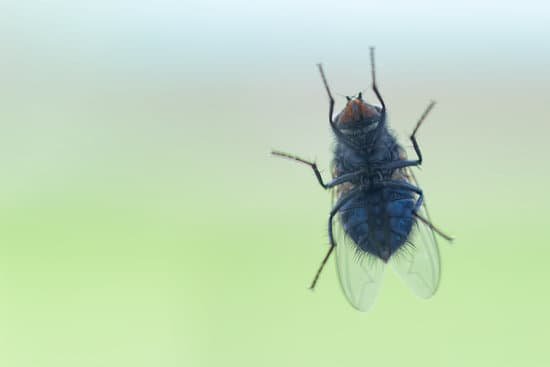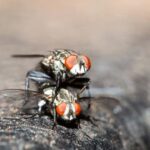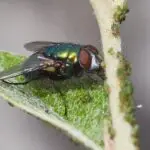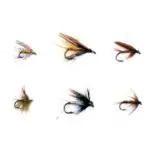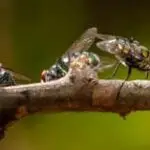Can Insects Breathe Underwater?
Some insects can breathe underwater, but others cannot. The reason many insects are unable to breathe underwater is that their outer coats repel water like an oil. This makes it difficult for them to crawl under the surface. But they can survive by catching air bubbles, which allows them to survive in water for hours or even days.
This phenomenon occurs in a specialized fly called the alkali fly, which is extremely water repellent. When a diving fly enters the water, a protective bubble of air forms around it, which may be why it can survive without getting wet. These flies also have a special type of foot that allows them to easily grip underwater.
The plastrons that drain flies use for breathing are also responsible for their ability to survive under water. These flies have a very large plastron surface area, and this surface area is critical for their metabolic needs. Three drain flies survived a three-hour submersion test, and another two were able to survive for 24 hours.
The bubble that the insect produces is a small bubble that provides oxygen for a short period of time. This air bubble then collects oxygen molecules from the surrounding water. This mechanism is called passive diffusion. The air bubble will remain intact as long as the volume of oxygen that diffuses into it is greater than that which is consumed by the insect. Eventually, the bubble will be too small to meet the insect’s needs, so the insect must return to the surface and replenish its entire bubble.
